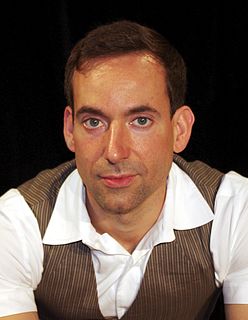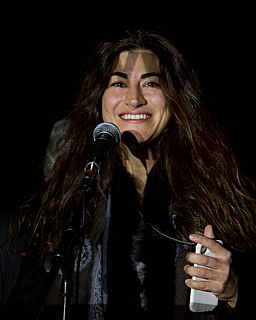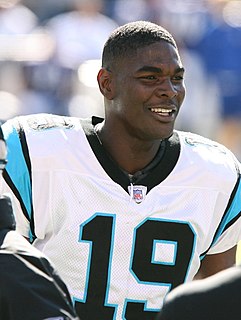A Quote by Taraji P. Henson
I'm always talking to the writers because I find it so fascinating, how they're able to go to these different levels with the different stories, and have all these layers to peel back.
Related Quotes
I do like crime thriller stories. That's because these stories have a lot of layers. There are always three sides to such stories... there is a truth, there is a lie and then there is the ultimate truth. Different human emotions and intense interpersonal relationships form the core of stories in this genre.
When you have an American mother from the Midwest and an Egyptian father, you travel back and forth and see such completely different stories in the news about the exact same events. It makes you think, 'How is anybody able to understand or even have a dialogue when the basis of information is just so completely different?'


































